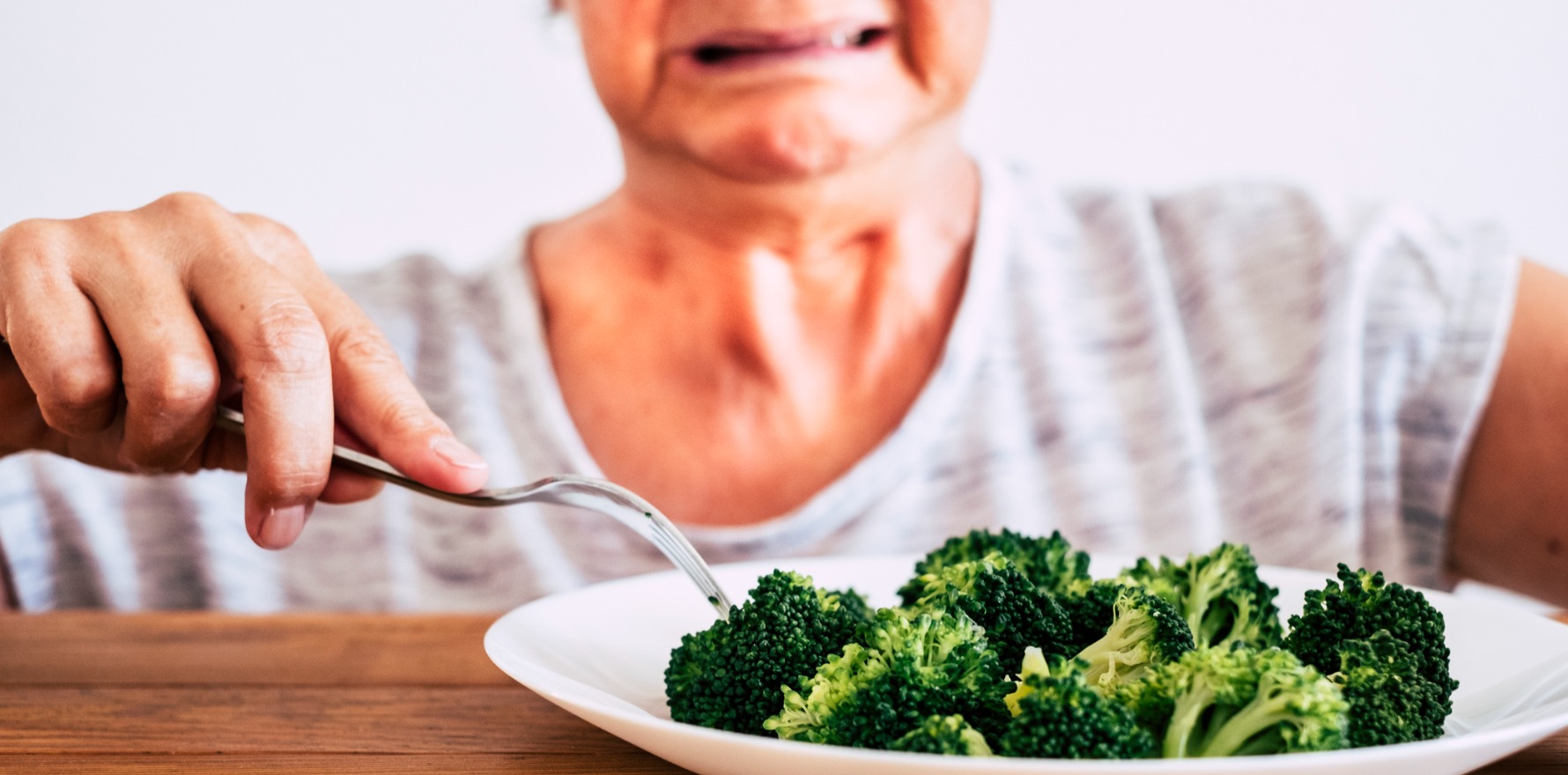There are limited treatments for nocturnal leg pain but the vitamin is a safe and effective option for older people, researchers say.
Vitamin K2 supplements significantly reduce the frequency, intensity, and duration of nocturnal leg cramps in older people, research suggests.
The Chinese study, published in JAMA Internal Medicine, included almost 200 participants aged 65 or over who had nocturnal leg cramps in the preceding two weeks. They were randomised to have either vitamin K2 180μg or a placebo for eight weeks.
Patients were excluded if they had cramps relating to metabolic diseases and neuropathies.
Researchers recorded the frequency and duration of muscle cramps, as well as the severity of cramps using a scale from 1 to 10.
At baseline, the mean frequency of cramps was similar in the two groups: 2.60 in the vitamin K2 group and 2.71 in the placebo group.
During the following eight weeks, the participants taking vitamin K2 experienced reduced frequency of leg cramps while the participants in the placebo group experienced no change in frequency.
The mean number of nocturnal leg cramps per week was reduced to 0.96 in the vitamin K2 group while frequency stayed at 3.63 in the placebo group.
Participants who took vitamin K2 had a decrease in the duration of -0.90 minutes compared with -0.32 in the placebo group.
The vitamin K2 group a reduction in severity – or intensity – of -2.55 compared with a reduction of -1.24 in the placebo group.
“Daily vitamin K2 supplementation alleviates muscle cramps in older individuals affected by nocturnal leg cramps, manifested by decreased frequency, shortened duration, and weakened intensity,” the researchers said.
“Notably, cramping frequency was significantly reduced compared with the placebo group, starting from the first week of intervention with vitamin K2.”
The researchers said there was limited evidence supporting the use of medications such as magnesium and calcium channel blockers to manage nocturnal leg cramps.
Related
There were no adverse events related to the vitamin K2 treatment, they said, but noted that the vitamin should not be given to patients taking warfarin because it interferes with the effectiveness of the drug.
The researchers said the mechanism wasn’t clear, but previous research had shown that vitamin K2 played a role in coagulation and vitamin K-dependent proteins were involved in vascular calcification and osteoporosis physiology.
“Vitamin K causes myometrial relaxation by inhibiting calcium intake from the external medium, an action mediated by blocking the voltage-dependent calcium channels and thus attenuating intracellular calcium levels in muscle cells.”





